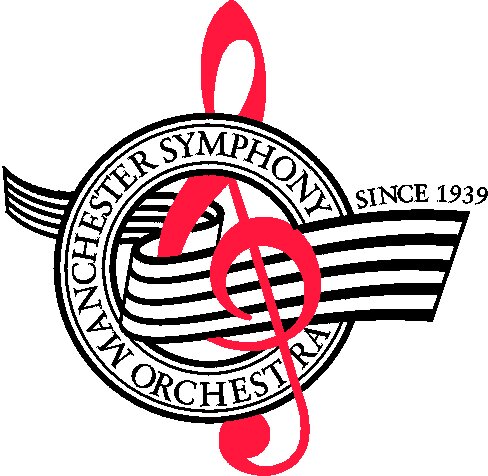Manchester Symphony Orchestra offers message of peace
The Manchester Symphony Orchestra offers a message of peace at the Honeywell Center on Sunday, March 12.
The concert, Dona Nobis Pacem, which translates to “grant us peace,” showcases Ludwig van Beethoven’s “Mass in C” with the Manchester University A Cappella Choir, the Manchester Symphony Chorus, and other choirs.
Soloists, three of them Manchester University alumni, are McKenzi Hare ‘18, soprano; Hayley Cochran ‘20, mezzo-soprano; Tianchi Zhang, tenor; and Grant Ebert ‘17, baritone.
The concert also features “Melody” by Ukrainian composer Myroslav Skoryk, “Dona Nobis Pacem” from the Mass in B Minor by Johann Sebastian Bach, and “Lyric for Strings” by George Walker, the first African American to win a Pulitzer Prize for music composition.
The performance is at 3 p.m. Tickets are $20 for general admission. Admission is free for Manchester University students, faculty, and staff, as well as anyone younger than 18.
“Peace and justice are underlying themes in everything I do,” said Debra Lynn, symphony conductor and artistic director. “The desire for peace is much easier for me to convey through music than words. I feel it is something people talk about a lot, but language seems to fall short of expressing what true peace means.”
“Like many, I’ve yearned for a way to express my desire for peace in Ukraine, so I decided to program a work by a Ukrainian composer. Skoryk’s “Melody” beautifully expresses deep sadness and grief, but also hope and love — not romantic love, in my interpretation, but more a love for one another as humans, family, and home.”
The theme of peace continues with the “Mass in C.”
“The trajectory of this 40-minute masterwork lands squarely and decidedly on peace at the end,” Lynn said. “Most masses do not end this way. Most composers, especially of the Romantic era, ended their choral works with big cymbal crashes, triumphant brass, and the chorus singing as high and loud as possible — perhaps so that the audience would know when to applaud.”
She said this Mass is not performed often, in part because it doesn’t have a “slam bang” ending like those we expect from Beethoven.
“Beethoven ends this mass with a calm stillness that evokes peace in a way seldom achieved by other composers. Beethoven is best known for his turbulent, fiery works — and there is some of this in the ‘Mass in C’ — but clearly his goal is deep peace. The final words are ‘Dona nobis pacem.’”
George Walker’s genius “Lyric for Strings” is a perfect fit with these works, and it’s a piece more people should know, she said.
Walker wrote nearly 100 compositions, from symphonies and concertos to delicate song cycles and solo piano works. In 1996, he became the first African American to win the Pulitzer Prize for music.
Lynn ends the concert with Bach’s “Dona Nobis Pacem,” the final movement from his grand Mass i B minor, a brilliant choral-orchestral masterwork.
“That one does end with high notes for the chorus and the trumpets,” she said, “so there will be no question when to applaud.”
Lynn is director of choral organizations and vocal studies at Manchester University. A composer who conducted for the third time last spring at Carnegie Hall, she is a collaborative musical storyteller and intentional about offering a mix of more familiar “standard” masterworks and pieces by composers who are underrepresented due to long-standing exclusivism within classical music genres.
Twenty-seven percent of the MSO’s 84th season is repertoire by composers from underrepresented groups.
Arts Potpourri is May 14 in Cordier Auditorium on the North Manchester campus of Manchester University.
It will feature a world premiere by guest artist Jon Silpayamanant, Thai American composer and cellist; “Schemselnihar” by Holocaust victim Leo Smit; “Kandinsky Suite” by Lynn; and Mikautadze Dance Theatre of Fort Wayne.
With about 6,000 residents, North Manchester is one of the smallest communities in the nation with its own symphony orchestra. Residents of Wabash County and what was then Manchester College founded the symphony in 1939. That partnership continues today with a carefully crafted collaboration of professional and community musicians, as well as selected MU faculty, staff, and student musicians.
February 2023
